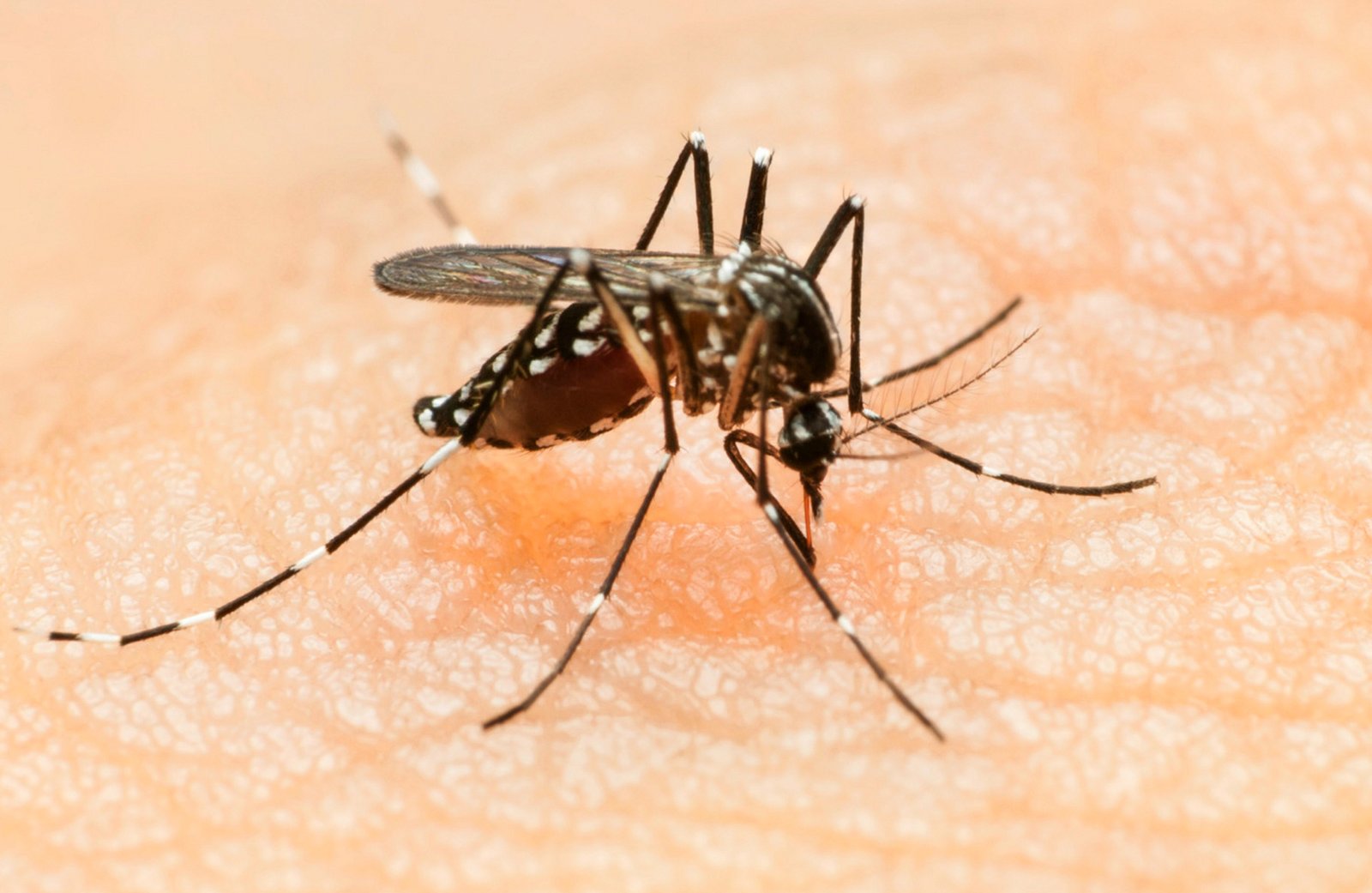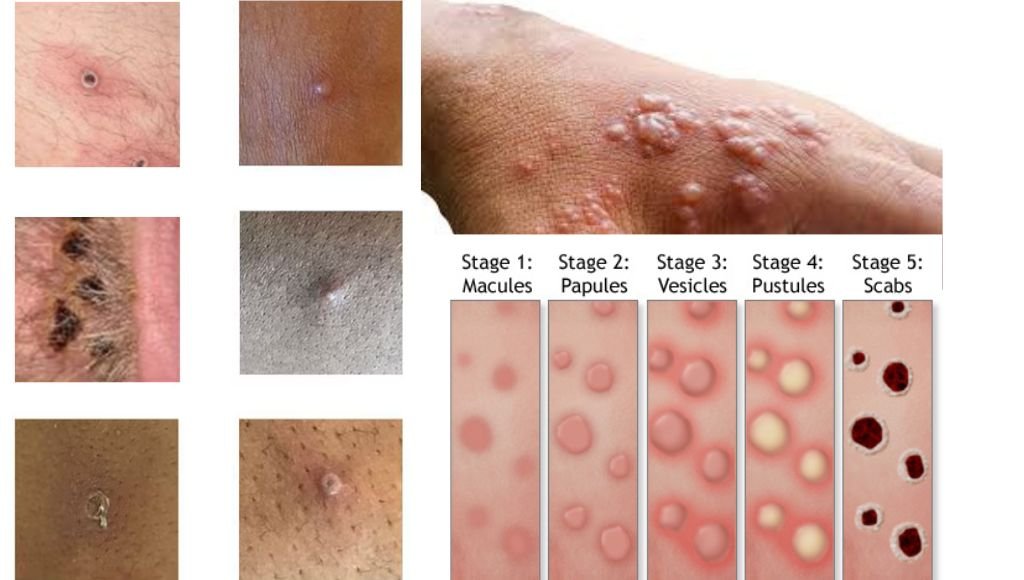On Tuesday, August 27, 2024, health authorities in New Hampshire announced that a person had died after contracting the rare eastern equine encephalitis (EEE) virus. The victim, an adult from Hampstead, New Hampshire, was hospitalized with a severe central nervous system disease. Despite the best efforts of medical professionals, the patient succumbed to the illness, marking a tragic end to a battle with a virus that remains one of the deadliest mosquito-borne diseases in the United States.
The New Hampshire Department of Health and Human Services (DHHS) confirmed the case, stating that this is the first human infection of EEE in the state since 2014. In that year, three people were infected, and two of them did not survive. The recent death has reignited concerns among state officials and the public about the increasing risk of EEE, particularly in New England, where the disease has historically had a presence.
Read Also: Nicola Coughlan Fuels Romance Rumors with Cozy Festival Appearance
The eastern equine encephalitis virus is rare but incredibly dangerous. According to the Centers for Disease Control and Prevention (CDC), it causes severe neurological conditions such as encephalitis and meningitis, which are inflammations of the brain and the membranes around the spinal cord, respectively. Symptoms of the disease include fever, headache, vomiting, diarrhea, seizures, and behavioral changes. For those who contract EEE, the odds are grim—approximately 30% of infected individuals die, and survivors often face long-term physical and mental complications.
There are no vaccines or treatments available for EEE, making prevention the only viable defense. Health officials are urging the public to take precautions against mosquito bites. Recommended measures include using insect repellent, wearing long sleeves and pants when outdoors, and eliminating standing water around homes to reduce mosquito breeding sites.
The death in New Hampshire occurred during a period of heightened awareness and preventive actions against mosquito-borne diseases in the region. Earlier this month, Massachusetts reported its first human case of EEE for the year. The patient, a man in his 80s, contracted the virus, prompting state officials to take swift action. Public parks were closed, voluntary outdoor curfews were put in place, and aerial and ground spraying was conducted to control the mosquito population.
The resurgence of EEE in New England has also been linked to the effects of climate change. A report by Climate Central in 2023 highlighted a worrying trend—the number of “mosquito days,” defined as warm, humid conditions ideal for mosquito activity, has been increasing across much of the U.S. over the past four decades. As the climate continues to change, the conditions for mosquito breeding and the spread of mosquito-borne diseases are expected to worsen.
State officials across New England are closely monitoring the situation, and there is a growing call for increased public awareness and preventive measures. The New Hampshire DHHS has been proactive in disseminating information about the risks of EEE and the steps residents can take to protect themselves.
While the focus is currently on preventing further cases of EEE, the death in New Hampshire is a stark reminder of the potential dangers that mosquito-borne diseases pose. The public is urged to remain vigilant, particularly during the summer and early fall months when mosquito activity is at its peak. Local health departments are expected to continue their efforts in mosquito control, and residents are encouraged to participate in community-wide initiatives to reduce the risk of EEE.
As New Hampshire mourns the loss of one of its residents, the tragedy underscores the importance of preparedness and prevention in the fight against rare but deadly diseases like EEE. The public is reminded that while EEE is rare, the consequences of an infection can be devastating. Therefore, taking simple precautions can go a long way in protecting oneself and others from this silent threat.
Read Also: Uber Fined €290m for Breaking European Data Privacy Rules
The case in New Hampshire has set a precedent for how communities should respond to the threat of mosquito-borne diseases. By staying informed, taking preventive measures, and cooperating with health authorities, residents can help mitigate the risk and prevent further tragedies. As the climate continues to change, the vigilance of both the public and health officials will be crucial in the ongoing battle against mosquito-borne illnesses.



